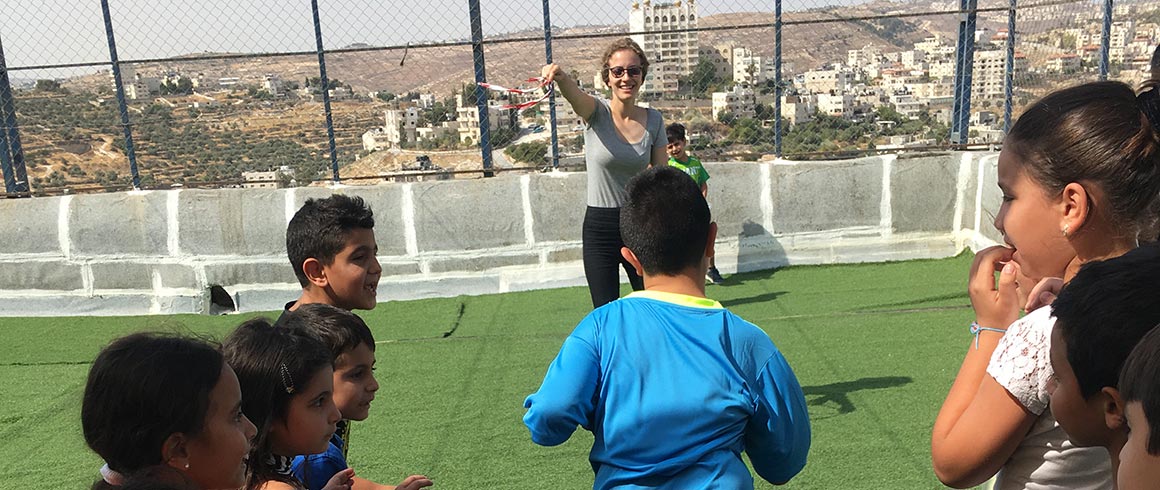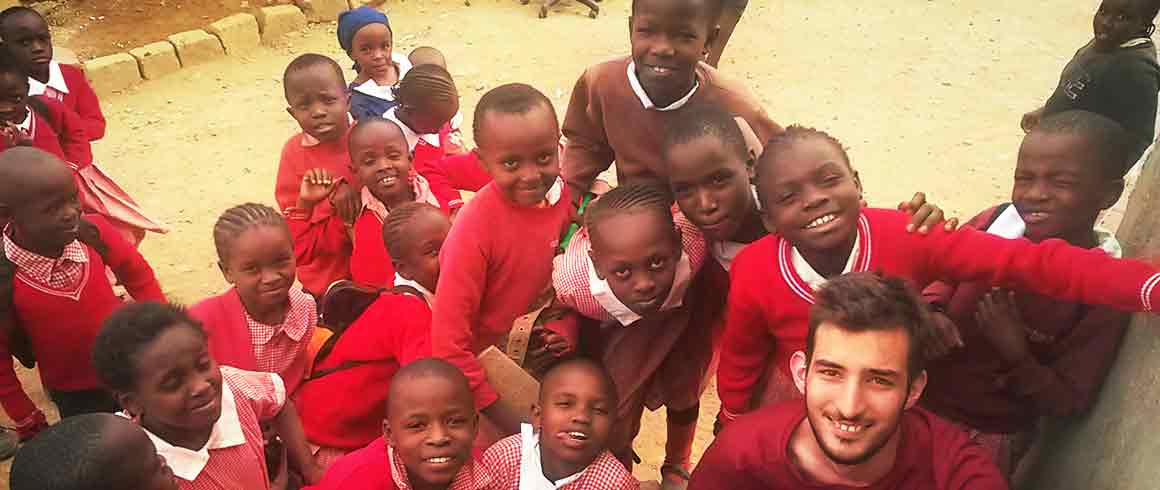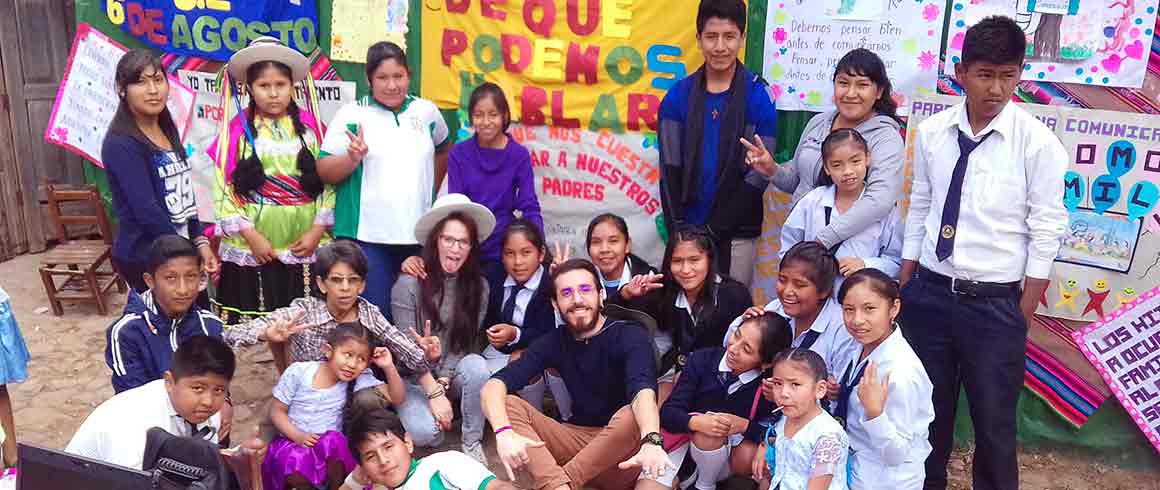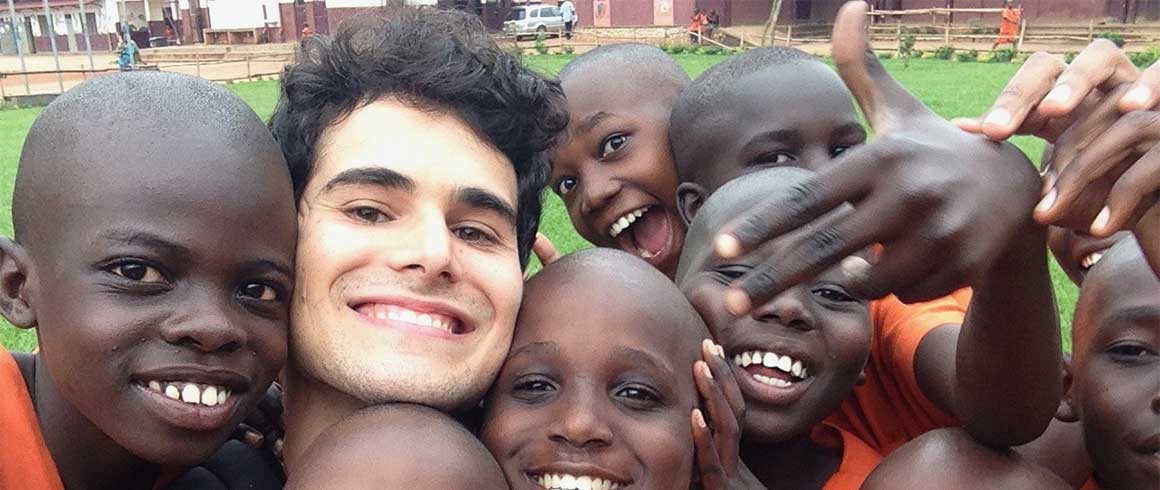di Eliana Coraci *
La Palestina è una terra così complessa che non bastano molti libri a conoscerla. Non si riesce a guardarsi attorno senza evitare di vedere, sentire o respirare il conflitto. Gli insediamenti deturpano i paesaggi; il muro divide in due monumenti, giardini e città intere; la religione permea ogni aspetto della vita. Qui (qui?) il credo si eredita, si trasmette dal clan alla carta di identità. La religione può determinare la differenza tra un permesso e un divieto, tra aspettare comodamente seduto oppure attendere in ginocchio, con un fucile puntato alla testa. Eppure, più della segregazione, più dell’aggressività dei bambini e ancor più delle reti che circondano Hebron da ogni lato, ciò che mi ha veramente colpito del mio Charity Work Program a Betlemme sono le donne che ho conosciuto in Palestina.
Come Suor Caterina, georgiana, che lavora instancabilmente per anziani e indigenti alla Società Antoniana di Betlemme; o Flavia, palestinese, che a fianco dell’orfanatrofio Creche ha creato un sistema per restituire dignità alle persone in stato di necessità e per aiutarli a inserirsi nuovamente in società. Oppure le suore di Effetà, centro per bambini sordi, che si dedicano all’istruzione di bambini musulmani, per i quali organizzano anche corsi di Corano.
«Questi bambini in casa loro sono spesso subiti» ci dice suor Piera, italiana. «Noi qui vogliamo amarli». Sanno bene che il bisogno non ha religione, che l’umanità e l’imparzialità non sono principi tra loro scindibili. Neppure le suore di Madre Teresa di Calcutta distinguono tra cristiani e musulmani: forniscono un tetto e pasti caldi agli ultimi degli ultimi. Infine Sister Ester, egiziana, che questa terra la vuole cambiare per davvero a partire dai bambini. E glielo leggi nello sguardo. È inarrestabile e con la sua forza porta avanti Steps.
Queste donne, ognuna di loro, ci hanno ringraziato per quanto abbiamo fatto durante il nostro servizio. I loro ringraziamenti mi hanno provocato un lieve imbarazzo: non siamo stati che visitatori, un aiuto temporaneo, invece loro dedicano a questi bambini e a questi adulti la loro intera esistenza. Non potevano, non dovevano ringraziare noi! A questa obiezione, rispondevano scrollando le spalle, con disarmante semplicità: «È la nostra missione».
Di fronte a un mondo dilaniato da conflitti e ingiustizie sistemiche, molti di noi scelgono di ignorarlo, convinti che non ci sia proprio nulla che possiamo fare. Ho imparato che questa è la più grande menzogna che raccontiamo a noi stessi per giustificare il nostro egoismo e la nostra indifferenza. Non potremo cambiare il corso della storia, ma possiamo offrire il nostro tempo e la nostra gentilezza: ne vale la pena, perché potrebbe cambiare il corso della vita di qualcuno, e sicuramente cambierà il nostro. Quando siamo arrivati a Betlemme ci è stato più volte ripetuto che avremmo ricevuto ben più di quanto avremmo dato, ed era tanto banale quanto vero.
Io non ho cambiato il mondo perché il mondo non si salva in ventuno giorni; tutt’al più avrò cambiato in meglio il pomeriggio di qualcuno. Ed è già abbastanza. Ma quel mondo lì, quel mondo di oppressione militare e sociale, di povertà, di dignità, di estrema generosità e di speranza ha contribuito a cambiare il mio, di mondo. Mi ha regalato trenta parole in dialetto palestinese, una enorme quantità di sorrisi, curiosità e nuovi amici. Ma, soprattutto, ha appesantito ancor più il peso della mia indifferenza: adesso non riesco più a trasportarla.
* 25 anni, di Palermo, laureanda in Politiche europee e internazionali, facoltà di Scienze Politiche e Sociali, sede di Milano. Ora è a Varsavia per il primo anno del College of Europe, dove si specializzerà in Politica estera dell'Unione europea
You will receive more than you give (English version)
di Eliana Coraci
Travelling to a distant place, whose language and alphabet you do not understand, whose history, customs and religions you barely know, always implies a deep change. When you come back you are a quite different person, which is almost always a good thing. Palestine, in particular, is a complex land whose features you cannot learn from books. It is impossible to look around without feeling, seeing and breathing the ongoing conflict. Settlements disfigure the landscape; the wall split monuments, gardens and the whole city in two; religion permeates every aspect of life. Here (here?) you inherit your belief, your religion, which is handed down from your clan directly to your identity card. Religion can determine the difference between permission and prohibition, between waiting comfortably seated or standing on your knees, with a rifle pointed at your head. Yet, the women I met in Plaestine struck me more than anything else: more than segregation, children aggressiveness and even the mesh fences surrounding Hebron on each side.
I am talking about Sister Caterina, Georgian, who works tirelessly for the elderly and poor at Society Antoniana in Bethlehem; or Flavia, Palestinian, that alongside Creche orphanage has created a system to return dignity to people in need and help them to reintegrate into society. Or Sisters from Effetà, a Centre for deaf children, who devote themselves to Muslim children’s education, for whom they also organize courses on the Koran. "These children" tells us Sr. Piera, Italian "often are barely tolerated at home. Here we want to love them". They know very well that need has no religion, and humanity and impartiality are not mutually excusive principles. Even Sisters of Mother Teresa of Calcutta do not distinguish between Christians and Muslims: they provide shelter and hot meals to the outcast of the litter. And last but non least Sister Esther, Egyptian, who really wants to change this land starting from children, and you can read it in her eyes. She is unstoppable and with her strength guides Steps.
These women, each of them, thanked us for what we did during our visit there. Their thanks somewhat embarassed me: we were merely visitors, a temporary aid, while they have devoted their entire life to these children and adults. They could not, should not thank us! To our objection, they shrugged their shoulders and replied, with disarming simplicity: "It is our mission".
The world in which we live is characterized by conflicts and systemic injustices, but many of us choose to ignore it, as we are convinced that there is really nothing we can do about it. Here, I learned that this is the biggest lie we tell ourselves to justify our selfishness and indifference. It is true, we cannot change history, but we can offer our time and our kindness: it is well worth it, because it may change someone else’s life, and certainly will change ours. When we arrived to Bethlehem we were told many times that we would receive much more than we could give - it was as banal as true.
I did not change the world because we cannot save the world in twenty-one days, at most I changed someone else’s afternoon for the better, and that is enough for me. But that world there, that world of military and social oppression, poverty, dignity, extreme generosity and hope contributed to change my world. It gave me thirty words in Palestinian dialect, a huge amount of smiles, curiosity and new friends. But above all it made my indifference’s weight heavier and now I can no longer carry it.



.jpg) Nel Charity Work Program in Terra Santa non ha svolto attività assimilabili al mestiere del “cooperante”, che vorrebbe fare dopo gli studi. Ma per Antonio, di Scienze politiche e sociali, la semplicità del servizio umile renderà il curriculum straordinario.
Nel Charity Work Program in Terra Santa non ha svolto attività assimilabili al mestiere del “cooperante”, che vorrebbe fare dopo gli studi. Ma per Antonio, di Scienze politiche e sociali, la semplicità del servizio umile renderà il curriculum straordinario.  Più si cerca d’entrare nella questione israelo-palestinese, più si resta confusi: di chiaro ci sono la diversità della vita nei due Paesi e un muro che li divide. Ma Monica, di Scienze politiche e sociali con il Charity, ha visto anche la bellezza del volontariato.
Più si cerca d’entrare nella questione israelo-palestinese, più si resta confusi: di chiaro ci sono la diversità della vita nei due Paesi e un muro che li divide. Ma Monica, di Scienze politiche e sociali con il Charity, ha visto anche la bellezza del volontariato.  L’intreccio armonioso del canto del Muezzin e delle campane delle chiese ma anche il conflitto e il muro di separazione. Sono alcune delle istantanee che Francesca, di Scienze linguistiche, porta via dal Charity Work Program. Insieme ai sorrisi dei bambini.
L’intreccio armonioso del canto del Muezzin e delle campane delle chiese ma anche il conflitto e il muro di separazione. Sono alcune delle istantanee che Francesca, di Scienze linguistiche, porta via dal Charity Work Program. Insieme ai sorrisi dei bambini. 

